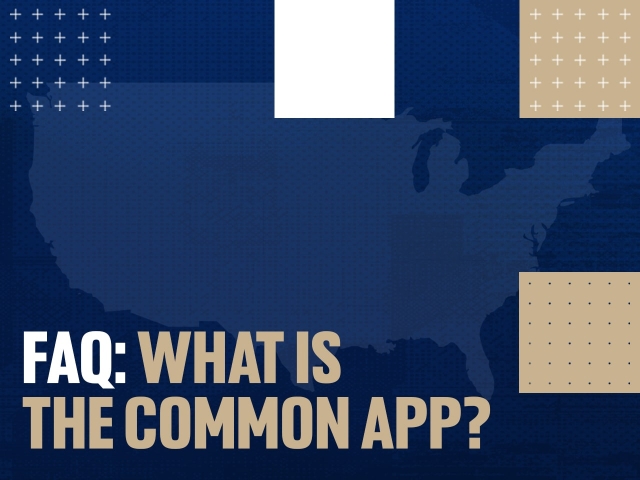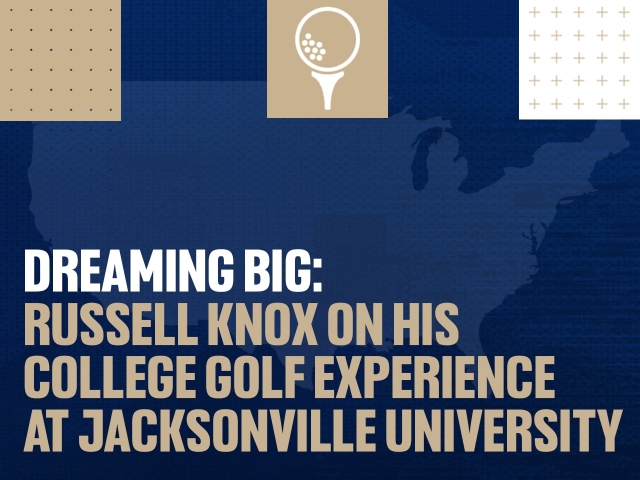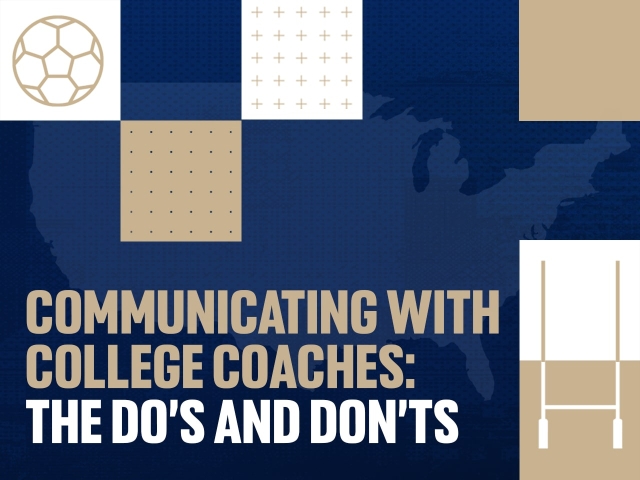The Ivy League universities are considered some of the most prestigious academic institutions in the world. They have a reputation of academic excellence, high social status, and incredibly selective admissions process.
The history of the term is rooted in the eight member schools’ athletic past. No one is exactly sure where the name Ivy League originated. There are some theories that Ivy is actually a misnomer and the league was originally called the IV League because it consisted of four schools. Others suggest that Caswell Adams coined the term in a 1937 article. He was writing about the Columbia/UPenn football game, and, supposedly upset at the “ivy covered” universities, leading them to call them the “Ivy League.”
Which American Schools are Ivy League?
Ivy League Universities in the US began as a group association of eight highly competitive athletic colleges, namely:
- Harvard University
- Yale University
- Princeton University
- Columbia University
- Brown University
- Dartmouth University
- University of Pennsylvania
- Cornell University
As their athletic teams began to attract more funding and gained popularity, the standards for student performance and admission became increasingly more demanding and rigorous.
As a result since the 1960s these Ivy League schools and colleges gained a widespread reputation for producing graduates with high academic performances, social prestige, and promising career futures. Even today, these universities maintain their reputation and they have a large presence among the top ranked universities in the US.
They are joined in this position by Stanford, M.I.T and CalTech – schools that are not technically Ivy League schools, but tend to enjoy a similar reputation and social status.
Three Things to know before you apply to an Ivy League School
- The admission process for these elite schools is highly competitive: You’ll need to achieve standards that are much higher than the ones at any average public level.
- Remember to check the admission requirements required carefully, including test scores (SAT, GRE, LSAT, GPA) recommendations, extra-curricular activities and the other academic achievements – They Matter!
- You should keep in mind though, that there are thousands of higher education institutions in the US and many of them scire high in university rankings while having lower tuition costs. This is why, when searching for universities you should look for the perfect fit that suits you!
If you have any questions regarding the Ivy League or need some advice on picking a university that’s good for you, don’t hesitate to get in touch with a member of our team!




